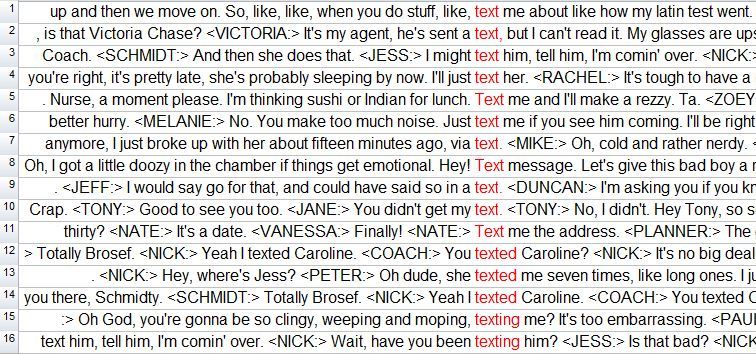Another function of TV dialogue is to create realism or authenticity, which can be achieved through references to the ‘real’ world. In TV series like The Americans, Homeland, and Narcos, archival footage of events is integrated, for instance featuring utterances by real politicians in relation to actual events that have occurred. Even without dialogue such archival footage creates realism; that is, the dialogue is not necessary but can contribute to this effect. References to real historical events also occur, for instance in the voice-over narration in Netflix’s Narcos.
Example (1)
NIXON [archival footage]: My fellow Americans, my fellow citizens… [fading]
STEVE MURPHY [voice-over starts as Nixon is saying ‘my fellow citizens’; his words are accompanied by more archival footage, different scenes, including noise, footage]: Take Richard Nixon, for instance. People forget, but 47 million Americans voted for Nixon. We thought he was one of the good guys. And Nixon thought Chilean General Pinochet was a good guy because he hated the commies. So we helped Pinochet seize power. Then Pinochet turned around and killed thousands of people. Maybe not such a good guy after all. [footage, including of protestors shouting] But sometimes, bad guys do good things. [non-archival footage of Chile, with the title Chile 1973]
Nobody knows this, but back in ‘73, Chile was on its way to being the world’s biggest cocaine processing and exporting center. [next scene starts, in Chilean with English subtitles]
(Narcos, season 1, episode 1)
Another way for TV dialogue to anchor the narrative in the ‘real’ world of contemporary America and engage with the common culture that characters share with viewers is by responding to or referencing contemporary technologies. To illustrate, Figure 1 below shows all instances of the word forms text, texted and texting in SydTV:

Figure 1 Concordance for ‘text’, ‘texted’, ‘texting’
